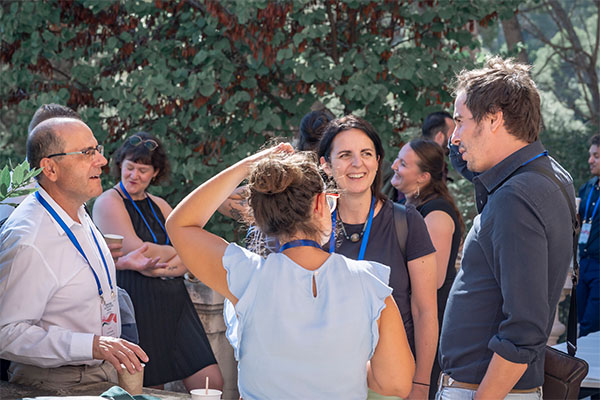Entering the world of academic conferences as a new graduate student — often referred to as “Year 0” or “first-year” — can be intimidating. The environment is filled with experienced researchers, dense technical sessions, and fast-paced networking opportunities. But with the right preparation, these events can become a powerful stepping stone in your academic journey.

Before attending, it’s important to clarify your goals. Are you going to present your research, explore ongoing work in your field, or simply observe and learn?
Even if you don’t have a paper to present, attending can help you:
Discover cutting-edge trends
Build your academic vocabulary
Understand how professionals communicate ideas
Identify potential mentors or collaborators
Review the conference program in advance. Highlight sessions, talks, or workshops that align with your interests or future research direction. Research keynote speakers and read abstracts of papers from well-known labs or institutions.
Knowing who will attend and what will be presented helps you stay focused and prepares you for potential conversations.
While conferences are less formal than job interviews, first impressions still matter. Dress smartly and maintain professional behavior. This includes:
Arriving early to sessions
Turning off your phone or keeping it silent
Being respectful during presentations and Q&A
Avoiding side conversations or distractions
Don’t just copy slide content. Instead, jot down:
Ideas that spark your interest
Methods that could apply to your future work
Questions you may want to ask later
Names of researchers to look up afterward
These notes can serve as a roadmap for your academic growth.
If you attend a session and feel inspired or curious, don’t be afraid to ask questions — even basic ones. Many researchers appreciate sincere interest and will take the time to explain. Just be concise and respectful of time.
Networking doesn’t mean handing out business cards to everyone. Start small:
Introduce yourself to someone sitting next to you
Ask a speaker a follow-up question after their talk
Join informal group discussions during coffee breaks
As a first-year student, your goal is to learn the culture of academic networking.
After the conference ends, take time to reflect:
What did you learn?
What topics or techniques stood out?
Are there researchers you’d like to follow or contact?
This reflection can guide your future research direction and help you plan for your own future conference submissions.
For first-year graduate students, academic conferences are a window into the research world. You don't have to be a presenter to benefit. By observing, engaging, and asking questions, you’ll build confidence and accelerate your academic growth.
To discover beginner-friendly academic conferences suited for students and early-stage researchers, visit iconf.org — a trusted platform for exploring high-quality scholarly events worldwide.